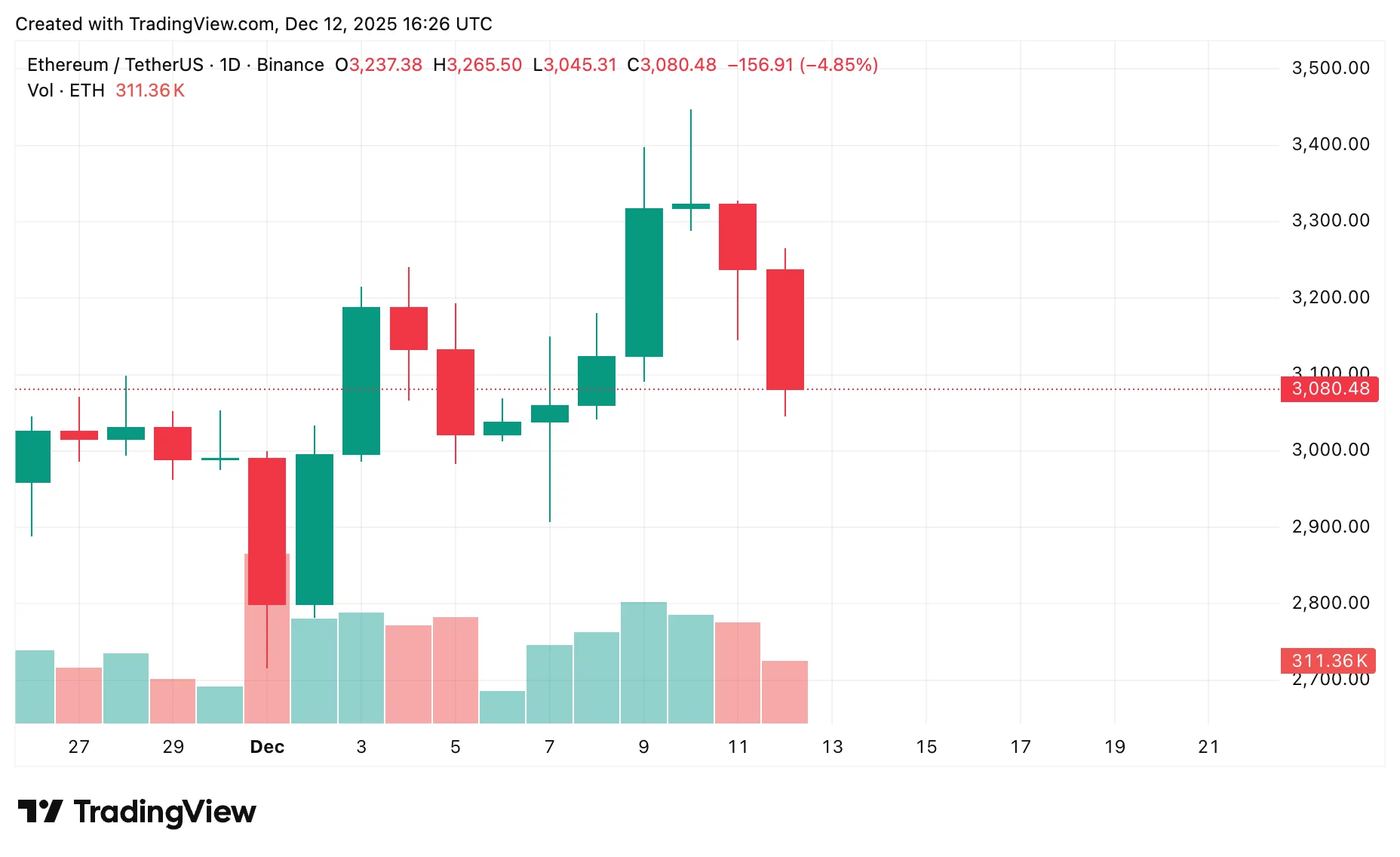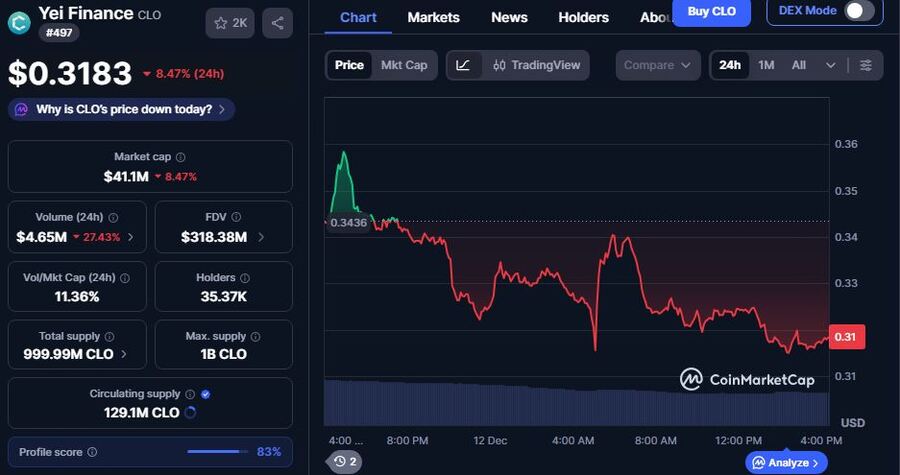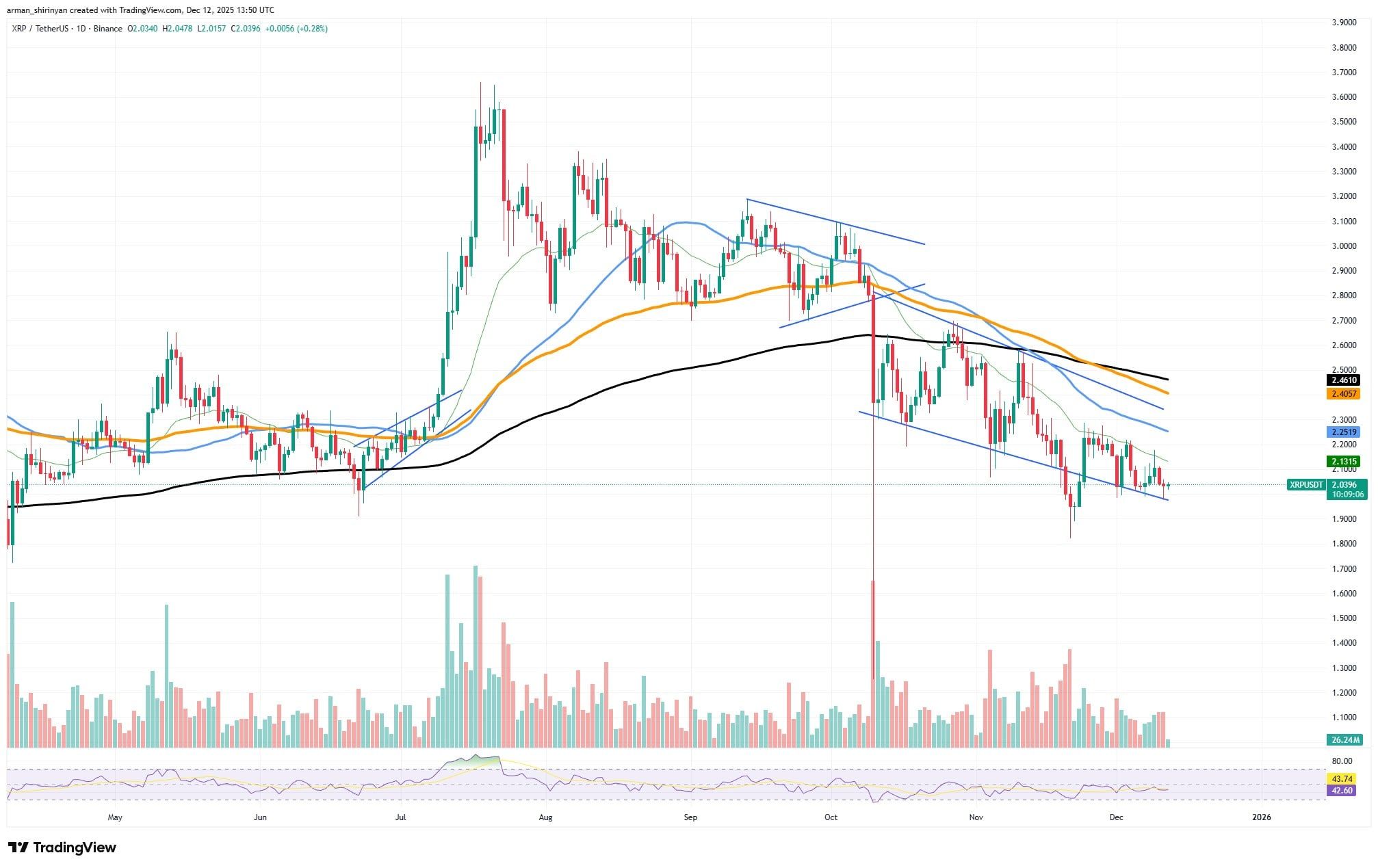Argentines turn to crypto as peso weakens ahead of legislative electionCrypto use spikes ahead of October elections
Argentines are once again turning to crypto, particularly stablecoins, to hedge against the devaluation of the local currency peso, which has continued to lose ground despite repeated government efforts to stabilize it ahead of the upcoming elections.
- Argentines are using stablecoins and crypto arbitrage to protect savings as the peso continues to weaken.
- This activity has surged amid economic restrictions ahead of the October 26 elections.
- President Havier Milei’s administration brought inflation down to 30%, but concerns remain over further peso devaluation and shrinking reserves.
Since the start of October, the Argentine peso has fallen by over 4% against the U.S. dollar, according to Google Finance data.
To protect themselves from economic devaluation, Argentines are increasingly turning to stablecoins and crypto-based arbitrage trades to protect their savings and generate quick returns, Bloomberg said in a recent report , citing multiple locals.
Notably, locals are benefiting from a price gap on the parallel exchange market by converting dollars into stablecoins and reselling them for pesos, where the currency trades nearly 7% lower than the official exchange rate.
Locals call this strategy “rulo,” and it can offer returns of up to 4% per transaction, per the report.
This strategy has become more prevalent, especially after Argentina’s central bank barred individuals from reselling dollars for 90 days starting Oct. 1, with local trading platforms like Ripio witnessing a 40% surge in stablecoin-to-peso transactions just a week after the measure was announced.
Similarly, another trading platform, Lemon Cash, also reported a surge in trading volumes, with total crypto transactions jumping over 50% above average.
Julián Colombo, Argentina country manager at crypto exchange Bitso, told Bloomberg that stablecoins were acting as a “vehicle to get cheaper dollars.”
“Crypto is still in the process of being regulated, so the government doesn’t yet know how to control it or restrict liquidity in stablecoins, which has allowed this rulo to flourish,” he added.
Crypto use spikes ahead of October elections
Currency devaluation, paired with tighter capital restrictions, has pushed more Argentines toward crypto as they anticipate further pressure on the peso ahead of the October 26 midterm vote.
President Javier Milei has taken several steps since coming into power in late 2023, managing to bring inflation down from nearly 300% to around 30%, even signing a $20 billion currency swap deal with the U.S. earlier this month.
But locals remain concerned that the peso may continue to fall if Milei’s bloc performs poorly in the October 26 midterm elections, leaving the administration with little choice but to devalue the currency after the vote to shore up dwindling central bank reserves.
Throughout October, the central bank sold significant amounts of dollars to prevent the peso from falling further and breaching its official trading band. At one point in early October, the government sold dollars for five consecutive sessions, including an estimated $1.3 billion over the course of a week.
“Inflation and political uncertainty make us more conservative, so I don’t have any savings or investments in pesos, I only use them for expenses,” Nicole Connor, leader of Argentina’s Women in Crypto organization, was quoted as saying.
Argentina’s pro-crypto approach
Argentina, over the past few years, has softened its stance towards cryptocurrencies and has a comprehensive and progressive regulatory framework for cryptocurrency, driven by President Javier Milei’s pro-crypto administration. However, current regulations are primarily focused on aligning with international standards for anti-money laundering and counter-terrorist financing, in addition to overseeing the industry, protecting consumers, and addressing taxation .
Platforms like Coinbase and Binance have been granted licenses to operate in the country, and last year, Argentina‘s securities regulator even allowed foreign crypto-related products from the United States to enter the local market.
As the economic struggles continue, market participants expect stablecoin usage to continue to pick up pace.
“Stablecoins are here to stay,” López, a local stockbroker, said, adding that the “dollar occupies a very strong place in Argentine society and in everyday life because it has given us a refuge from the national currency.”
Disclaimer: The content of this article solely reflects the author's opinion and does not represent the platform in any capacity. This article is not intended to serve as a reference for making investment decisions.
You may also like
Ethereum price prediction: Bulls eye $3,400 while bears watch $2,800

CLO Price Analysis: Yei Finance Rollout SolvBTC Token on Cross-Chain Protocol, Unlocking DeFi BTC Liquidity

Tokenization benefits ‘light at first,’ but will expand if democratized: NYDIG


